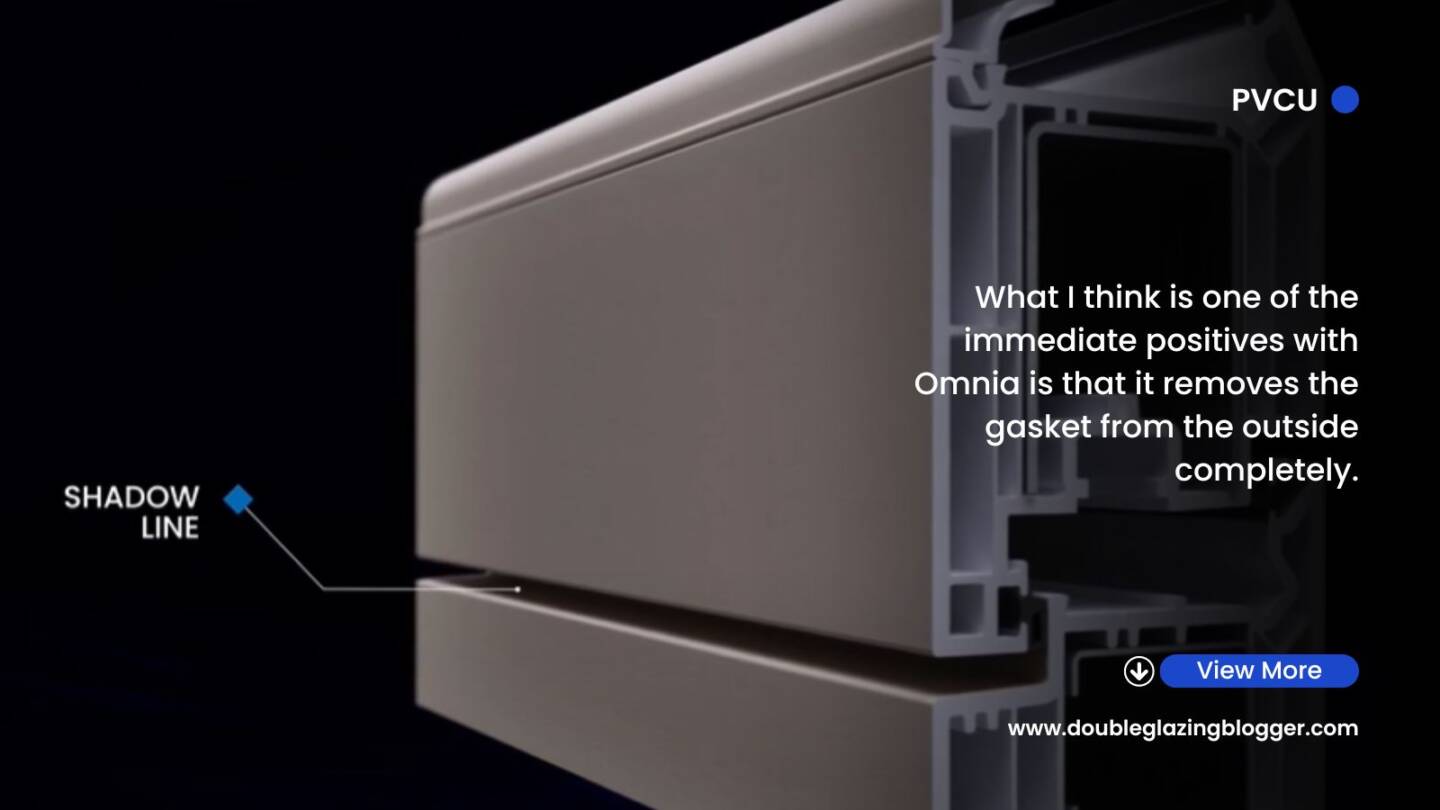For those of you who spend a lot of time online, you will have probably noticed a great new Twitter account call @DoubleGlazeHour. Every week, on a Tuesday evening they spend time tweeting about the various industry issues of the day as well as engaging in debate about what ever the issue is at the time. One of their tweets caught my eye and it was this one:
On large jobs should work be checked at stages and signed by customers as acceptable to stop complaints at end of job ?
I have to say, that given the amount of debate throughout the year about customers not paying and the problem getting worse, this probably seems a good idea!
I gave them my own response which explained that if this was an idea that was put into practice, the threshold on contracts where this would start would be at the £10k mark. Usually residential contracts at £10k or more involve a house full of windows and doors, a very small conservatory (say frames and roof), a big house full of roofline replacement etc. You don’t usually see such damaging payment disputes on small items like a front door or a few windows.
It is most damaging to small companies when the large contracts suffer from issues which hold up payment of the final balance. And over the last few years the customer has become more aware of this and started to abuse that position. So, we have to make sure we stop instances where small businesses are going bust just because a couple of customers refuse to pay their way.
Getting a customer to sign off their contracted work at variable stages will give the business written protection. Say a case goes to court, the customer then cannot claim that the company continued to work to a dis-satisfactory manner because they will have signed paperwork saying they were happy. The business has then got some rare but vital protection.
But it’s not just about protecting the business. By getting the customer to sign off large contracts at various stages, you will make the customer feel like you’re a business that cares a great deal about attention to detail, and will make them think that now you’ve got the order you still care about their opinion.
Some of you out there might already be doing this, or something similar already. But to those who aren’t, and have suffered recently with professional non-payers, this might be a good idea to trial and see if it has some positive results.
Next time: time is running out!





Good idea.But doesn’t this practise already exist in the building trade.On most large jobs work is signed off in stages and paid for.Then the next stage continues and so on until completion.
I know that the national firms will walk around once completed and get them to detail anything they want completed and then sign a satisfaction form to either say it is complete or say that they are happy assuming the snags are completed.
This would eliminate a problem we have where by customers say they are happy and then go over it with a fine tooth comb and request a call back, this happens, then instead of paying the bill they ask for another service call, then another.
They seem to think our time, fuel, labor is free :S
I agree with uPVC Windows – we have had for some time now a sign off ‘declaration’ which our installation manager will sign off with the customer and it is at this time they have the opportunity to raise any issues/concerns. We had two jobs recently where we did not follow this procedure and yep you guessed it, both parties found issues to delay payments. I blame Dom Littlewood and Watchdog!